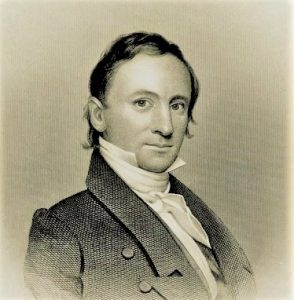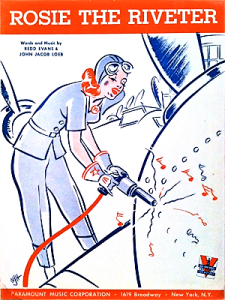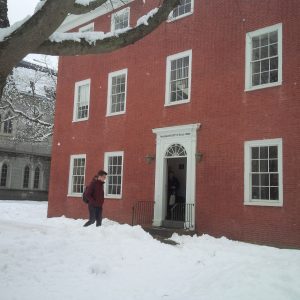Prof. Samuel P. Newman (appointment in Political Economy, 1824-1839). Samuel Phillips Newman and Bowdoin Economics In 1824, Bowdoin was the first American College to officially introduce a faculty position dedicated to instruction in Economics (or Political Economy, as it was then known). The University of Virginia in 1826, and Brown University in 1828, followed Bowdoin, […]
education
Old School? Apprenticeships in the 21st Century
The word apprentice conjures up visions of sorcerers and medieval guilds (and, in my case, my great-grandmother who learned the goldsmith’s trade through a family apprenticeship). However, “new collar” apprenticeships seem destined to become the most effective means of human-capital acquisition for the twenty first century, as they have been for millenia.
Back to School for the “Spring” Semester (1861)
How many aspects of life at Bowdoin College have remained unchanged since the days when faculty, president, and students all lived in Mass Hall? In January 2022, we can still fervently empathize with this account of the “spring” semester in the Journal of John Deering, Jr., class of 1864: “Find myself back to this honored institution after an absence of nine weeks… Nothing can be seen except a boundless expanse of snow… But after all, I suppose I can pursue my studies and carry out the objects for which I was sent just as well as if the grass were green and the birds singing.”


